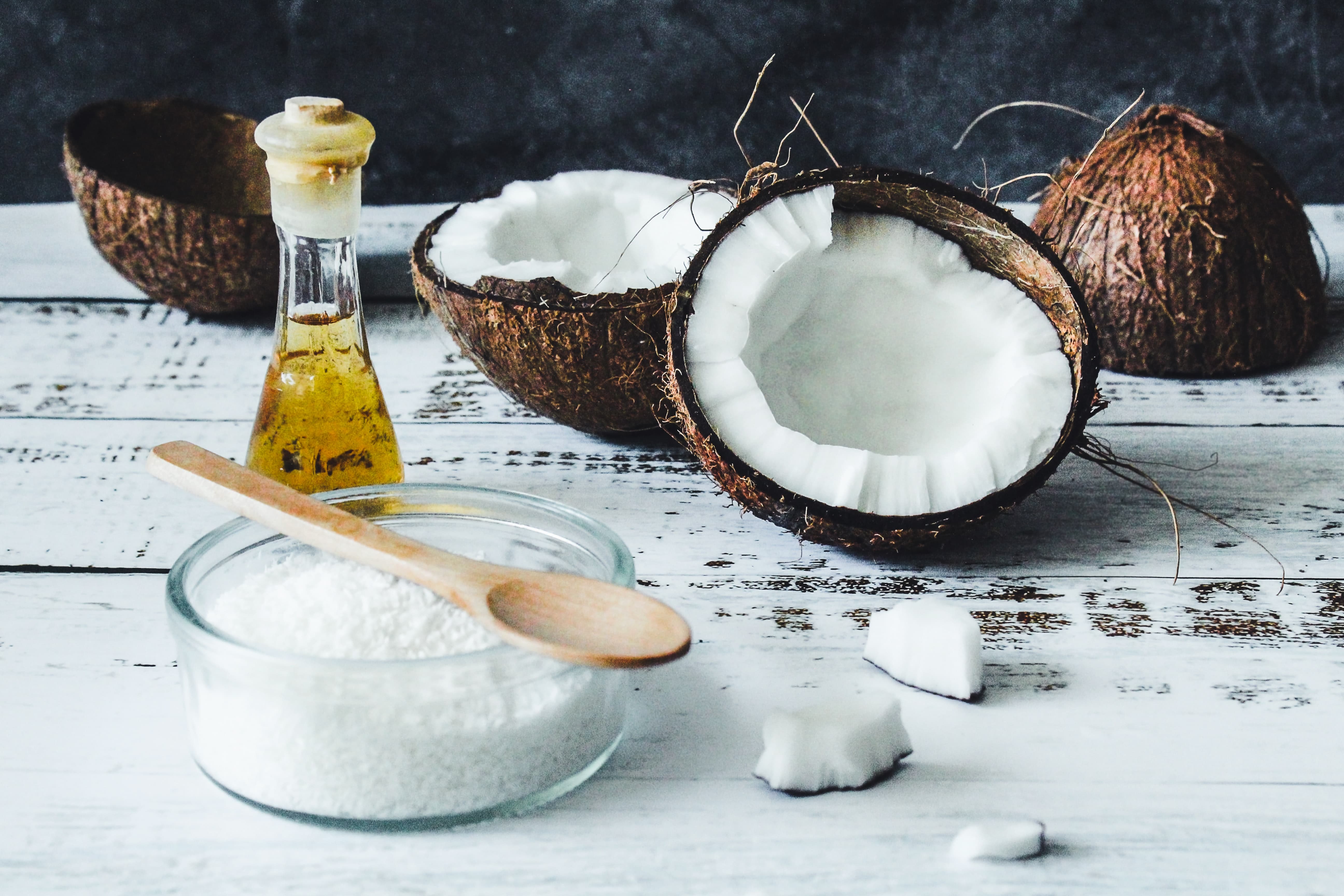
25 Sep What Are The Best Natural Fluoride Alternatives?
Fluoride is a naturally occurring mineral that can help remineralize tooth enamel, making teeth stronger. Although topical fluoride makes tooth enamel more acid-resistant, many people have concerns about using fluoride. As a holistic dental office in Prescott, we completely understand! If you’re worried about the potential risks associated with fluoride, there are luckily several other solutions that can offer similar benefits. Let’s explore some of the best natural fluoride alternatives that help protect or remineralize tooth enamel.
Should I Consider Natural Fluoride Alternatives?
The three most common sources of fluoride are toothpaste, mouthwash, and community water fluoridation (CWF). Even though the amounts of fluoride added to drinking water and dental care products are strictly regulated, many people fear that ingesting fluoride could cause health risks.
The American Dental Association and the Center for Disease Control and Prevention (CDC) both support the benefits and use of water fluoridation. The CDC states that “No convincing scientific evidence has been found linking fluoride with any potential adverse health effect or systemic disorder such as an increased risk for cancer, Down syndrome, heart disease, osteoporosis and bone fracture, immune disorders, low intelligence, renal disorders, Alzheimer’s disease, or allergic reactions.”
However, ingesting excessive amounts of fluoride does pose a risk of fluorosis. In the United States, fluorosis tends to be a mild issue that does not affect the function of teeth. Fluorosis can cause brown or white spots in the enamel, but it tends to be a purely cosmetic issue. The condition mainly occurs in young children (age two and under), because they are more likely to swallow fluoride-containing toothpaste instead of spitting it out.
Six Natural & Holistic Fluoride Alternatives
1. Calcium
Calcium is one of the main building blocks of tooth enamel. Not only does calcium harden tooth enamel, but it also increases the production of saliva. Because saliva contains important minerals that help remineralize your enamel, it plays a crucial role in maintaining a healthy mouth. Saliva also helps your body flush bacteria and food particles from your mouth.
When you think of good sources of calcium, dairy is probably top of mind. But fortunately for those who are lactose intolerant, there are many delicious non-dairy options. While dairy products may be natural sources of calcium, the lactose in milk products can actually increase acidity in your mouth because lactose is a type of sugar. Dark leafy greens (spinach, collards, and kale), beans and lentils, and almonds are all great sources of calcium. Calcium-fortified plant milk like soy or almond milk are also high sources.
2. Xylitol
Xylitol is a sugar alcohol, which is a type of carbohydrate—don’t worry, it doesn’t actually contain alcohol. Xylitol occurs naturally in small amounts in fruits, vegetables, trees, and even the human body. It can also be found in many sugar-free products, like chewing gum or candy.
Studies show that xylitol effectively remineralizes tooth enamel. Try chewing xylitol gum after or between meals, using a xylitol toothpaste, or snacking on some sugar-free xylitol candy. But if you are a pet owner, it’s crucial that you keep xylitol products away from your pets. Although it’s perfectly safe for humans, xylitol is toxic to cats and dogs.
3. Mineral Creams and Oral Rinses
Mineral Creams can coat your teeth in a natural protective film that helps prevent damage from bacteria. This film releases natural calcium and phosphate minerals into the enamel when your mouth becomes acidic. There are also mineral mouth rinses that provide bioavailable minerals in high concentrations to naturally strengthen tooth enamel.
4. Oral Powders
As an alternative to fluoride toothpaste, try using therapeutic oral powders. When used daily, they will neutralize the acidity in your mouth and provide naturally occurring minerals to strengthen your enamel.
5. Coconut Oil
Coconut oil contains a compound called monolaurin, which has strong antibiotic properties and naturally occurring minerals. A teeth-cleaning method known as oil pulling involves swishing an essential oil like coconut oil around your mouth for 15-20 minutes. The oil helps “pull” bacteria and toxins from teeth and gums, giving you a healthier mouth.
Oil pulling is an easy, inexpensive way to protect your teeth and gums—many people who use this technique claim it leaves the mouth feeling fresh and clean! If you’re not a fan of the flavor, try adding a few drops of peppermint or tea tree essential oil.
Keep in mind that oil pulling cannot replace the power of brushing your teeth twice a day and flossing daily. Like mouthwash, oil pulling is meant to enhance your oral hygiene routine, not replace it.
6. Ozone Therapy
Some dentists use ozone to disinfect the mouth and help treat certain conditions. Ozone treatment improves the body’s intake and use of oxygen and activates the immune system. Ozone can penetrate areas of the teeth, gums, and mouth that would otherwise be difficult or impossible to reach. The disinfecting power of ozone can be used to kill many different types of bacteria, including the bacteria that cause gum disease, tooth pain, and tooth decay.
Holistic Dental Practice in Prescott, Arizona
While these fluoride alternatives are helpful, they should always be accompanied with good oral hygiene. In order to establish a non-acidic environment and replenish lost minerals, you should brush and floss daily and maintain a healthy diet.
And don’t forget to schedule regular dental examinations! Every service we offer at Prescott Dentistry starts with prevention in mind. Contact us today to make an appointment and ask one of our team members about how you can take advantage of natural fluoride alternatives to optimize your family’s dental health.
Photo by Tijana Drndarski on Unsplash



